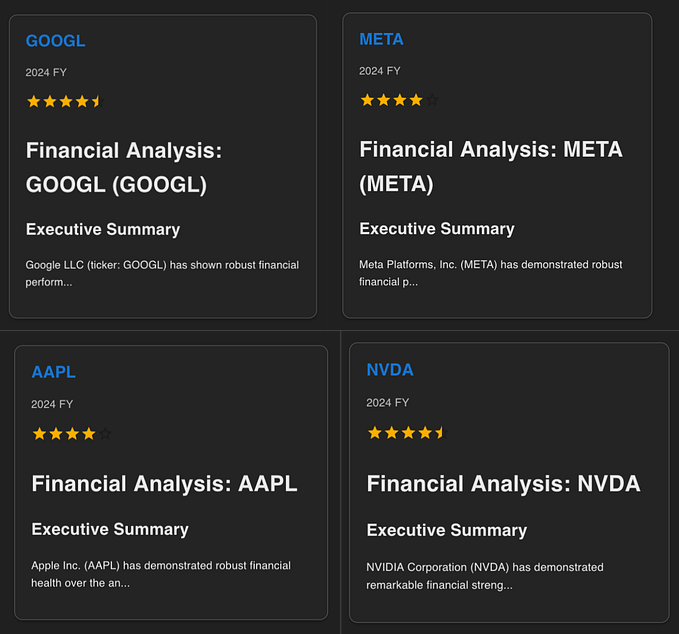Understanding Hedge Funds

An alumnus of Tulane University, Geoff Block left Wall Street in 2012 to venture into managing his family’s investment holdings. Operating his own entity plus other family holdings, Geoffrey J. Block is tasked with managing a wide spectrum of investments. Among the key areas of focus for Geoff Block is overseeing hedge funds.
A hedge fund is a trading technique that brings together a professional fund manager (general partner) to work closely with investors (limited partners) with an aim of collectively pooling money into a fund. Investors contribute funds for asset acquisition, while the general partner is tasked with managing the fund in line with the defined strategy. The goal of hedge funds is to maximize investor returns while lowering risk. Hedge funds aim to make money regardless of whether stock markets rise or fall, as investors seek to capitalize on all market conditions. Hedge funds are subjected to little or no regulatory oversight, as they’re not required to file for registration with the U.S. Securities and Exchange Commission (SEC). In addition, fund managers don’t need to register with financial bodies such as the Commodity Futures Trading Commission or Financial Industry Regulatory Authority.
Lack of regulatory oversight enables hedge funds to utilize a broad array of investment strategies such as leveraging (buying shares with borrowed funds in anticipation of a rise in stock price) and short selling (selling shares in anticipation of a stock’s decline) to realize profits. This is unlike traditional fund managers, who’re bound by numerous rules and regulations. Finally, hedge funds are illiquid, meaning hedge fund managers put restrictions on how frequently investors can withdraw their money. For instance, a hedge fund may lock-in an investor’s funds for two years or more.










